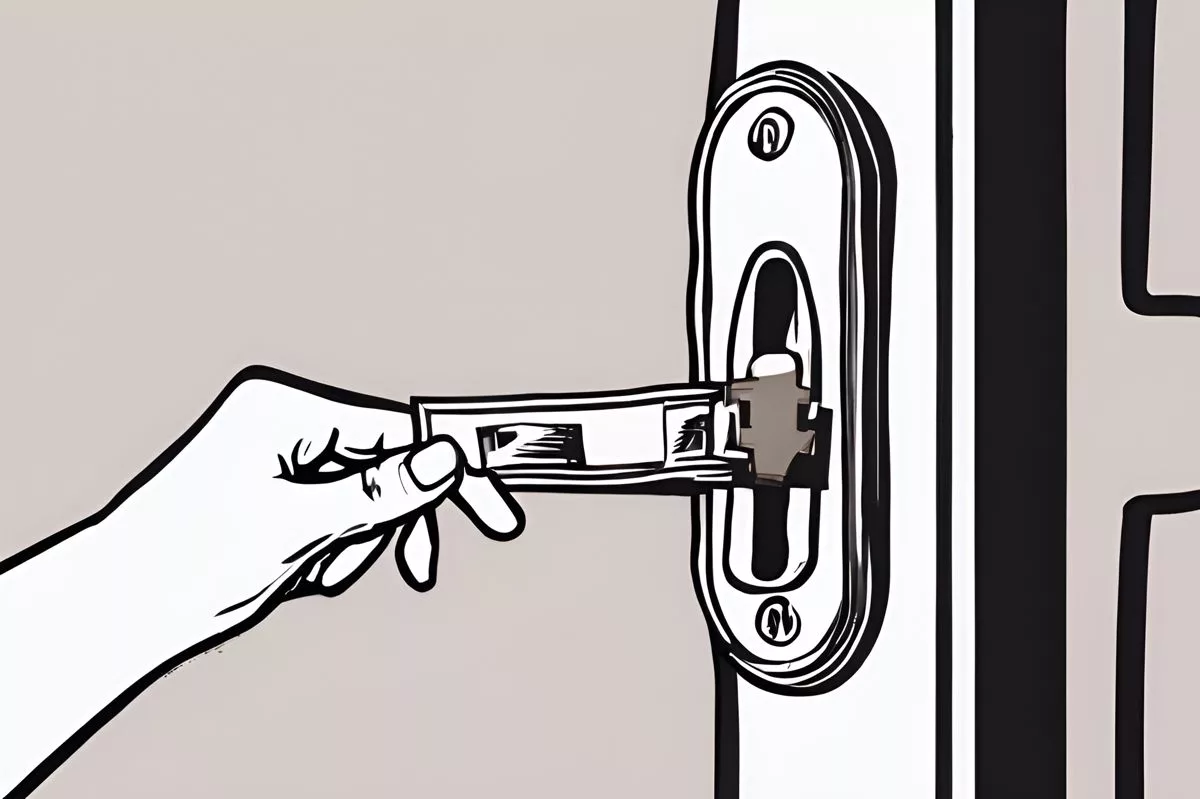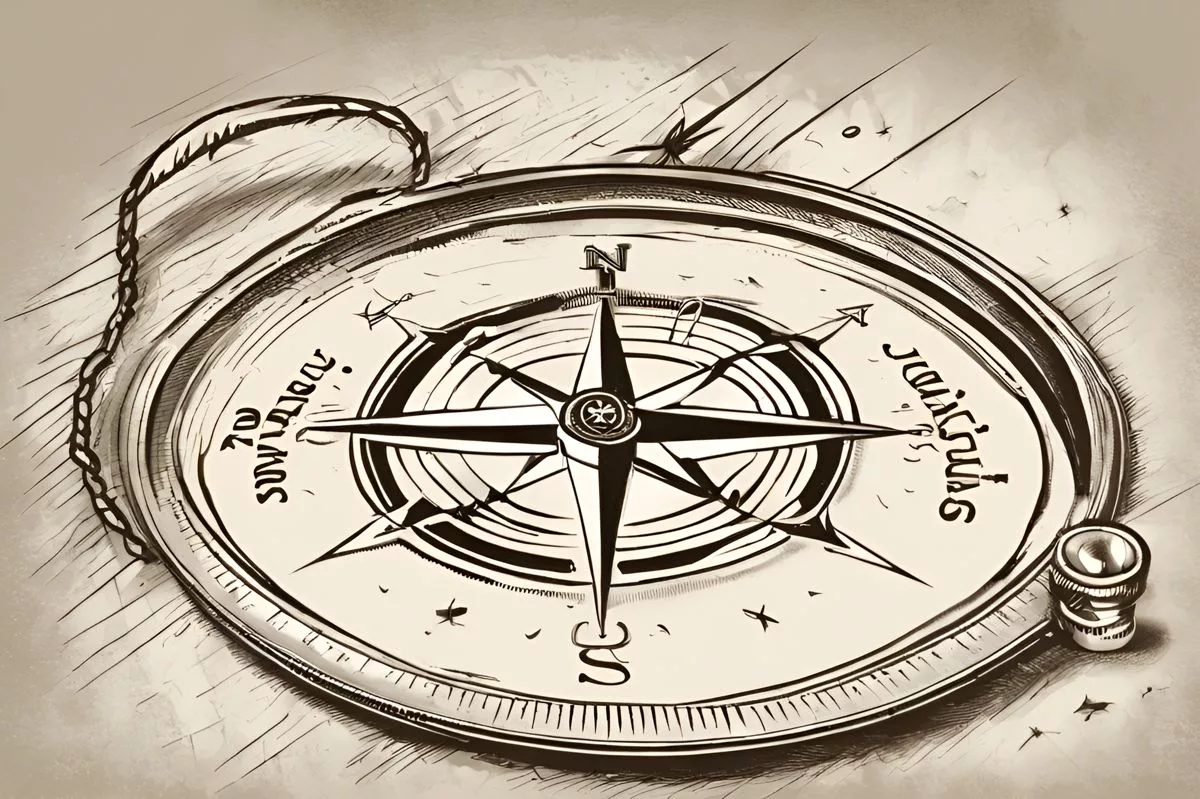Former Springbok player Kobus Wiese caused controversy by announcing a ‘gender swap’ day at a South African school, where boys would dress in girls’ clothes and girls would dress in boys’ clothes. The announcement provoked skepticism and disbelief, with some questioning whether it was a prank. The initiative raises questions about traditional gender norms and their role in education in South Africa.
Kobus Wiese recently stirred up controversy by announcing a ‘gender swap’ day at a South African elementary school, where boys would dress in girls’ attire and vice versa. This surprising revelation provoked a range of reactions, with many expressing skepticism and disbelief. The initiative raises questions about the future of gender norms and education in South Africa.
Kobus Wiese, the legendary former Springbok, recently used the digital application X (formerly known as Twitter) to divulge a rather unusual piece of news. It was regarding the introduction of a ‘gender swap’ day at a South African elementary school, a surprising revelation that elicited a range of reactions. The day in question proposed to be business-as-usual in terms of academics but came with a distinctive spin—girls would dress in boys’ attire while boys would explore the fashion domain of girls.
Outrage and Skepticism: Reactions to an Unorthodox Idea
As a prominent figure in South African sports history, Wiese did not hold back his feelings of surprise and confusion. He expressed his disbelief through a potent, three-letter acronym: WTF. This honest expression of surprise and shock ignited a series of responses, reflecting the widespread disbelief and incredulity among the public.
Joining in the wave of surprise was Ryan Kankowski, another former Springbok, who questioned the veracity of Wiese’s announcement while suggesting it could be a prank.
Kobus Wiese: A Man of Many Achievements
Kobus Wiese is known not only for his outstanding performance in 18 demanding Springbok Test matches but also for his successful ventures as an entrepreneur and commentator. As a critical component of the victorious 1995 World Cup team, Wiese’s indefatigable spirit continued to glow at the provincial level from 1988-1996. During this period, he participated in 135 matches for Transvaal and the Lions. The supreme Transvaal team’s twin triumph in the Currie Cup and Super 10 in 1993 owed much to his tireless commitment, which earned him another Currie Cup winners medal the subsequent year.
Today, Wiese is not just defined by his rugby prowess but also his thriving business endeavors. His successful venture, Wiesenhof Coffees, has expanded to 45 franchises throughout the nation. His multifaceted career also spans roles as a consultant, TV presenter, and commentator.
The Future of Gender Norms and Education in South Africa
The surprising ‘gender swap’ day news, brought to the fore by Wiese, instigates a series of questions concerning fundamental belief systems and parenting. It begs the question: could this initiative potentially challenge and influence long-standing norms and ideologies? Or is it simply a harmless, light-hearted experiment?
These questions have instigated numerous debates. As the narrative continues to develop, it will be interesting to observe how it influences the conversation about gender norms and education in South Africa.
1. What did Kobus Wiese announce regarding a South African school?
Kobus Wiese announced a ‘gender swap’ day at a South African elementary school, where boys would dress in girls’ attire and vice versa.
2. How did the public react to Wiese’s announcement?
The announcement provoked skepticism and disbelief, with some questioning whether it was a prank.
3. Who else expressed disbelief over the announcement?
Ryan Kankowski, another former Springbok, questioned the veracity of Wiese’s announcement while suggesting it could be a prank.
4. What are Kobus Wiese’s other achievements besides rugby?
Wiese is known for his successful ventures as an entrepreneur and commentator. His successful venture, Wiesenhof Coffees, has expanded to 45 franchises throughout the nation. His multifaceted career also spans roles as a consultant, TV presenter, and commentator.
5. What questions does the ‘gender swap’ day initiative raise?
The initiative raises questions about traditional gender norms and their role in education in South Africa. It begs the question: could this initiative potentially challenge and influence long-standing norms and ideologies? Or is it simply a harmless, light-hearted experiment?
6. What is the potential impact of the ‘gender swap’ day initiative on gender norms and education in South Africa?
As the narrative continues to develop, it will be interesting to observe how it influences the conversation about gender norms and education in South Africa.









